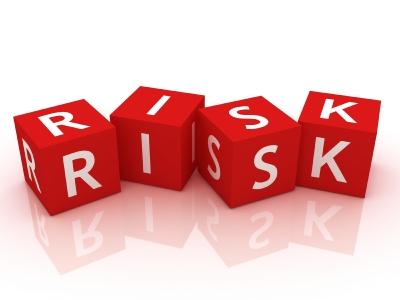A trader with a mediocre system and great money management skills will fare better than a trader who has a great system but no handle on his money.
Money management is indispensable to the Foreign Exchange trader.
Regardless of how strong a trading system you have, if you do not apply good money management controls, you will find yourself in trouble.
Dustin Pass, one of the foremost experts on Forex trading says, “An individual trading with proper money management skills will do better in a mediocre trading system than a person trading an excellent system who lacks money management skills.” In his ebook, Guide to Forex Live-on-the-News Trading, Pass lists five essential components to an effective money management program:
- Currency selection
- Lot size (how much margin will you use)
- Stop placement (how much margin will you risk)
- Entry level (when to enter a trade)
- Limit (how much money will you make)
Currency Selection
Currency selection is important because it dictates how long your margin will be tied up in a particular trade. If you enter a trade on a slow moving currency, understand that your money will be tied up for a longer period, thereby increasing your risk. You may also hinder your ability to enter another trade since your capital is tied up in the first one.
Set Your Stop Placement
The amount of money you place on a trade is a vital factor, too. If you put too many of your eggs into one basket, you will decrease your ability to diversify properly. In order to choose your lot size, you must identify your maximum allowable risk and your maximum risk per trade. Once you have determined these factors, you will need to set your stop placement.
Stop placement is the act of predefining your level of loss tolerance on a given trade. The successful Forex trader will learn to cut his losses and move on. In the overall scheme, it will save you money…and increase your gains.
Entry Levels
Entry level is based on all of the above. Knowing how much you have to play with on a trade and where the nearest resistance level lies will inform you whether to enter or pass on a given trade. Often, the best trades are the ones you didn’t make!
Allocation
One simple principal must guide your limit level: the possible profit must at least be equal to the accepted risk. Allocation is key. Suppose your system is 75% accurate and you lose on the first 25 trades out of 100 total trades? You will need enough margin to hang in there for the next 75 trades.
Good Risk Management
As Dustin Pass so aptly noted, a trader with a mediocre system and great money management skills will fare better than a trader who has a great system but no handle on his money. There is no substitute for good risk management.
[tags]forex, risk management, dustin pass, trader, trading system[/tags]







Amen forex trading brother!
What has work best for me is to simply stick with a fixed position size – keeps it simple for my brain. I will determine my fixed position size periodically by matching it up to about 2% of my forex trading account value. But then i just focus on the fixed position because it’s easier to think that way then trying to caluclate a percentage position size.
Small is BIG in forex trading and you’ll get a bigger account faster, that you can actually keep in grow by trading ‘small’.
Kenny
Yup… I agreeded with u Amen. Forex will continue to be one of the best businesses in the world for a long time into the future.Thank bro..
yes.. i certainly agree with that too..